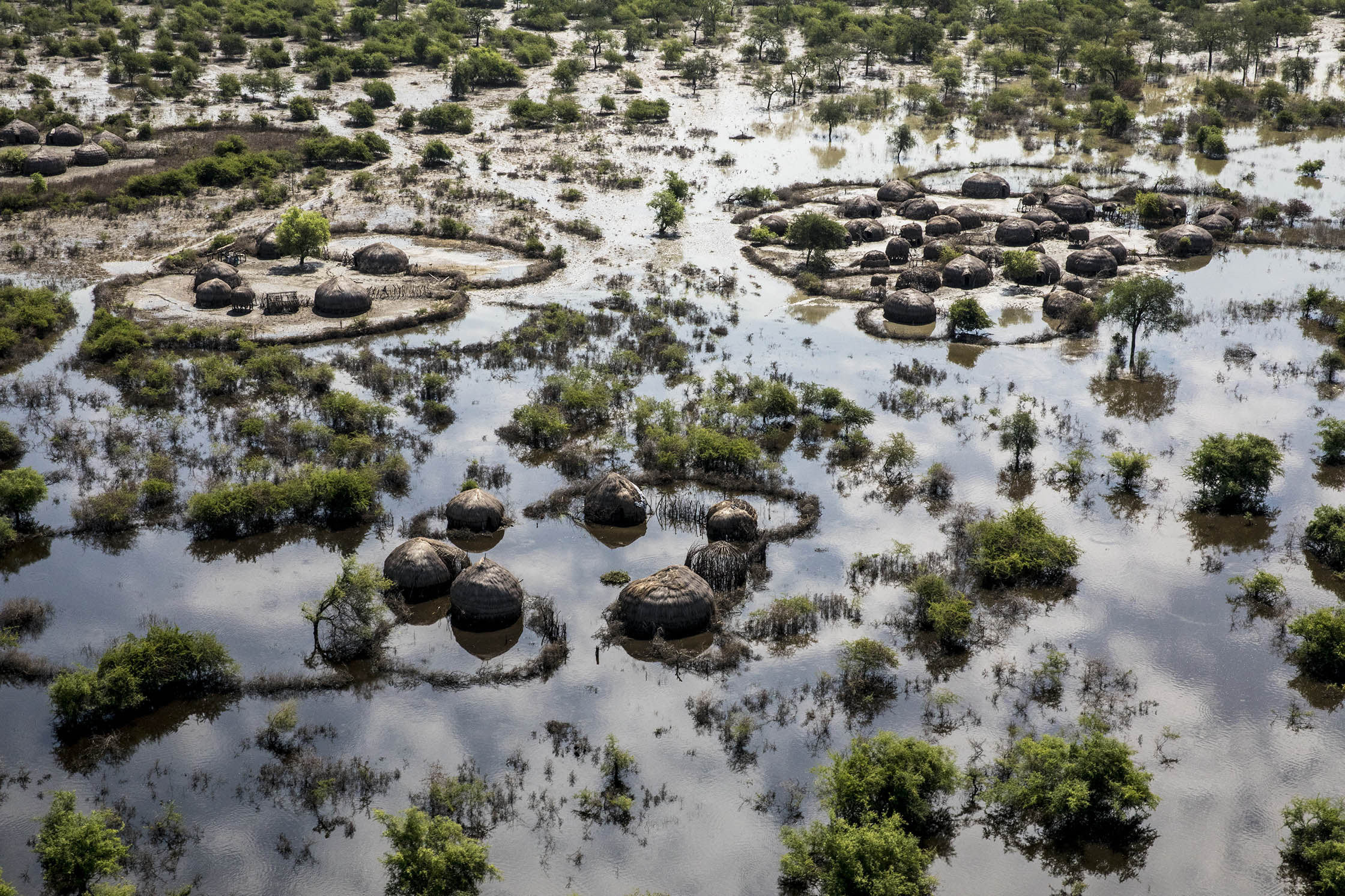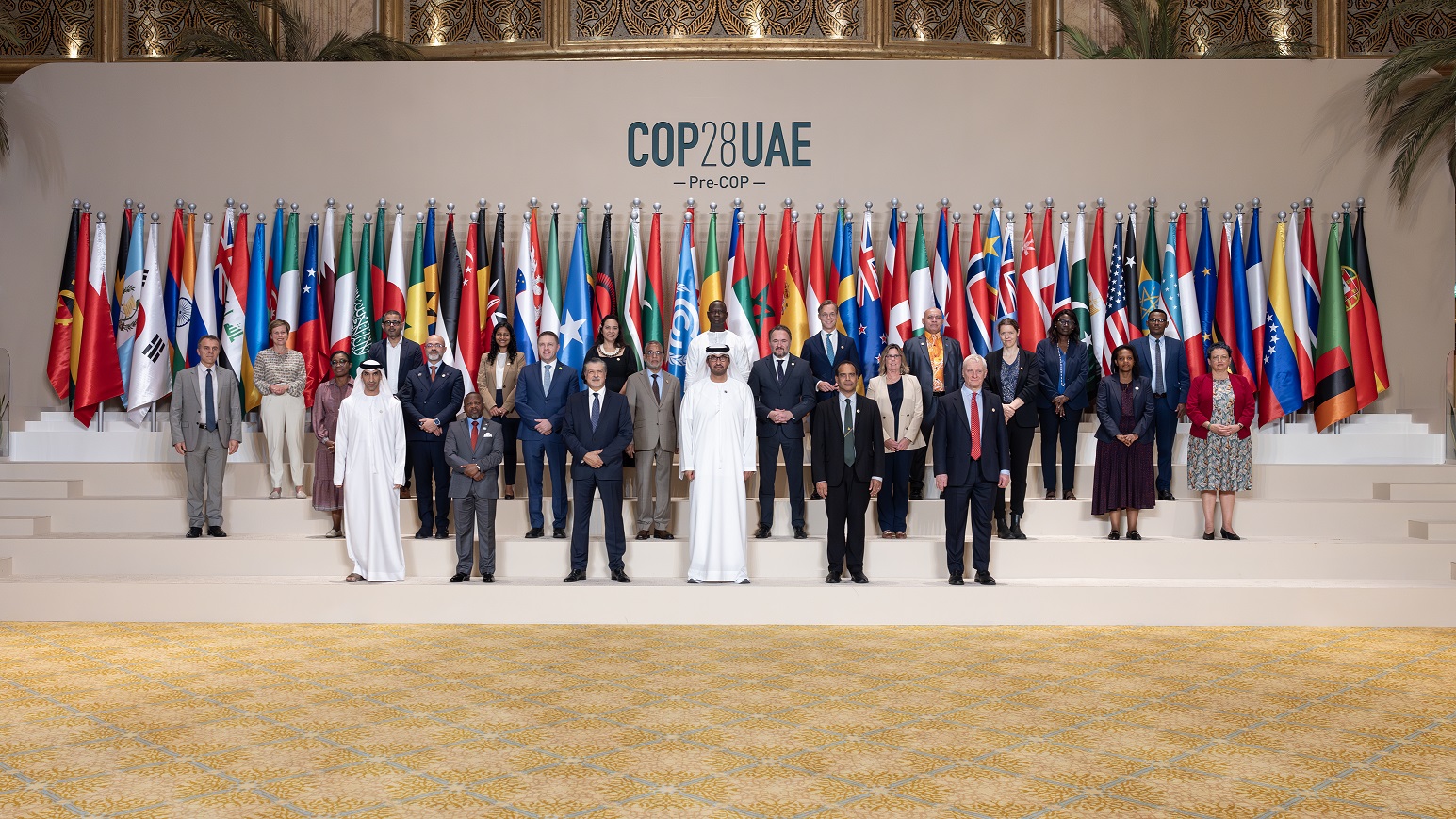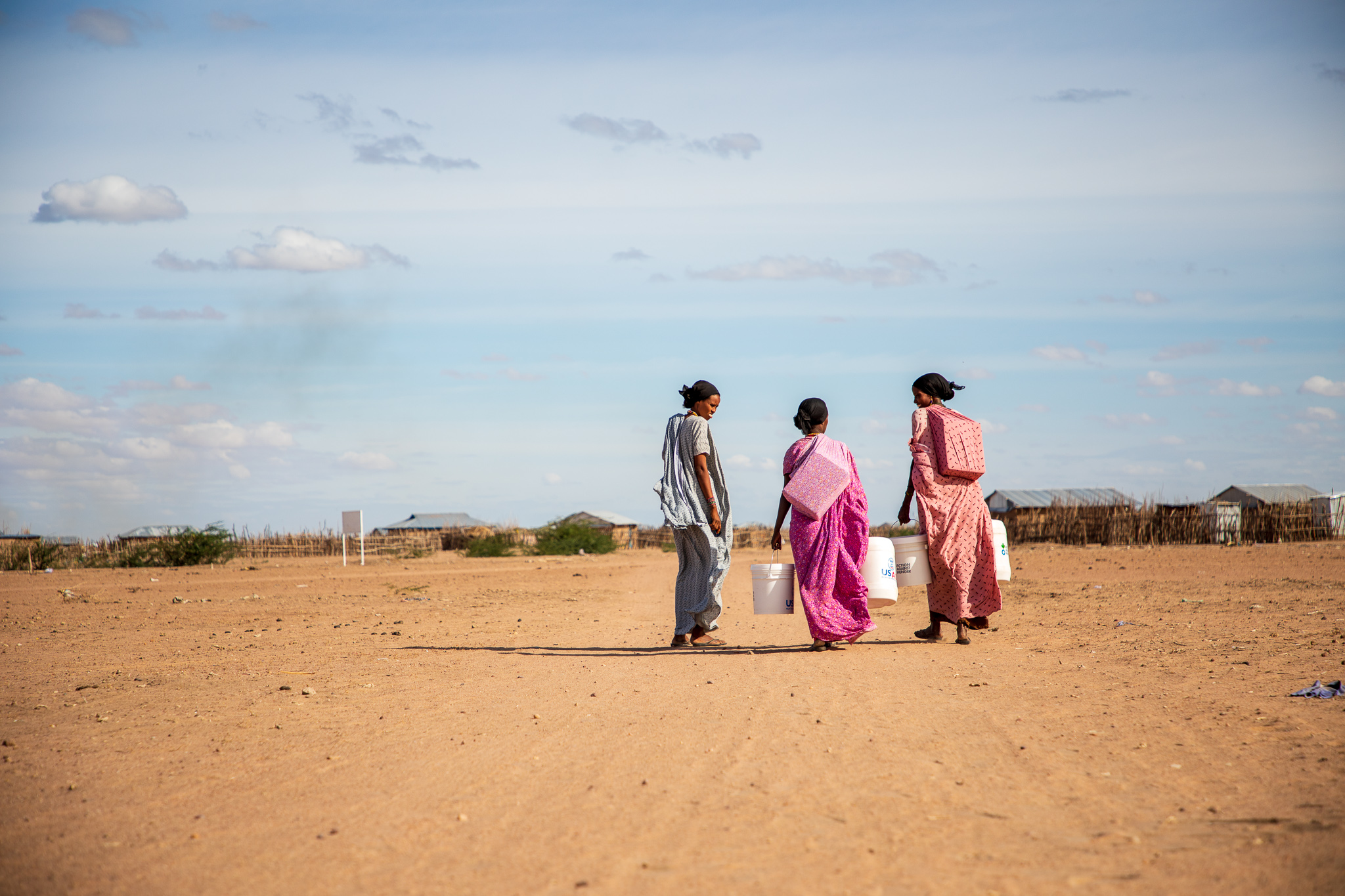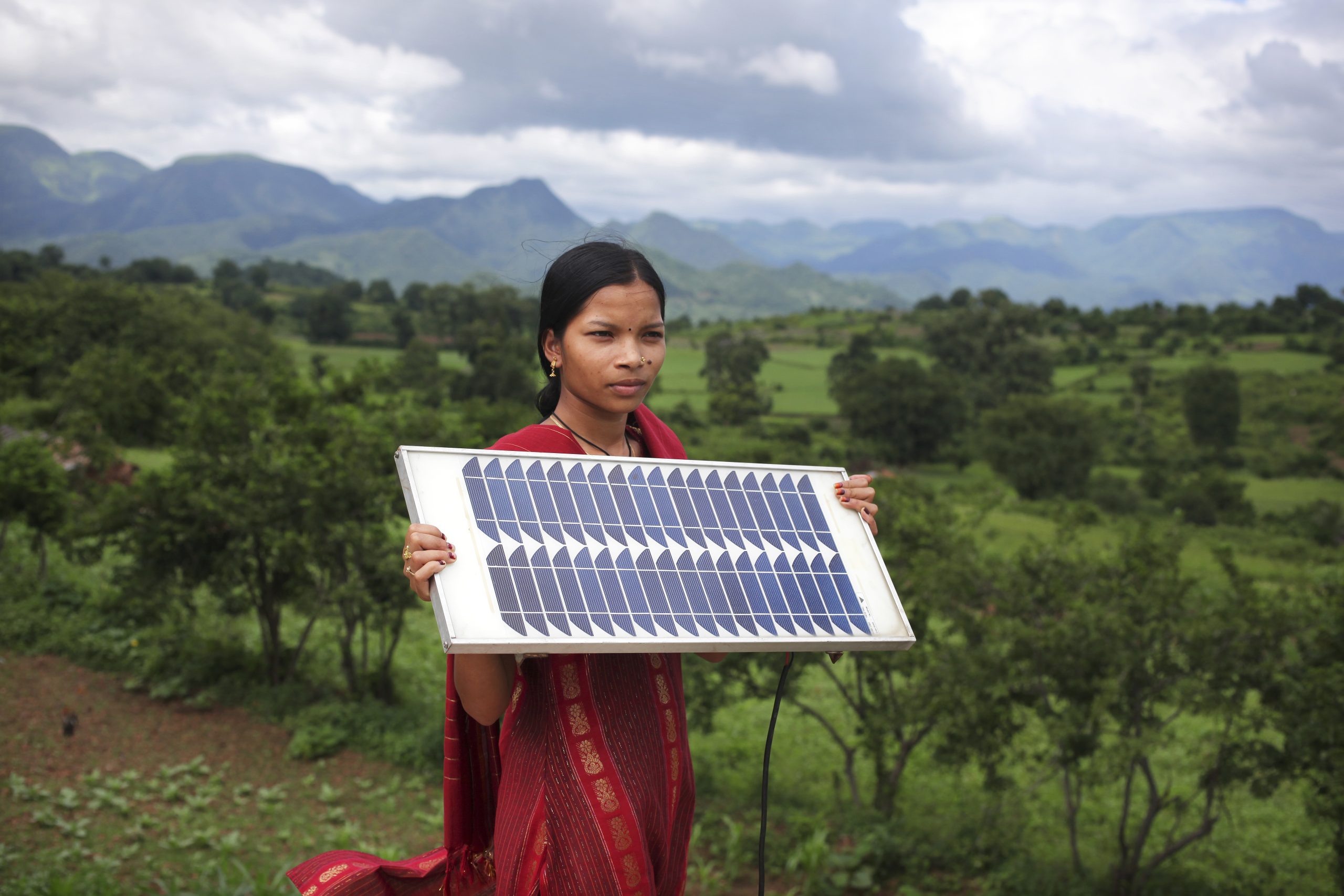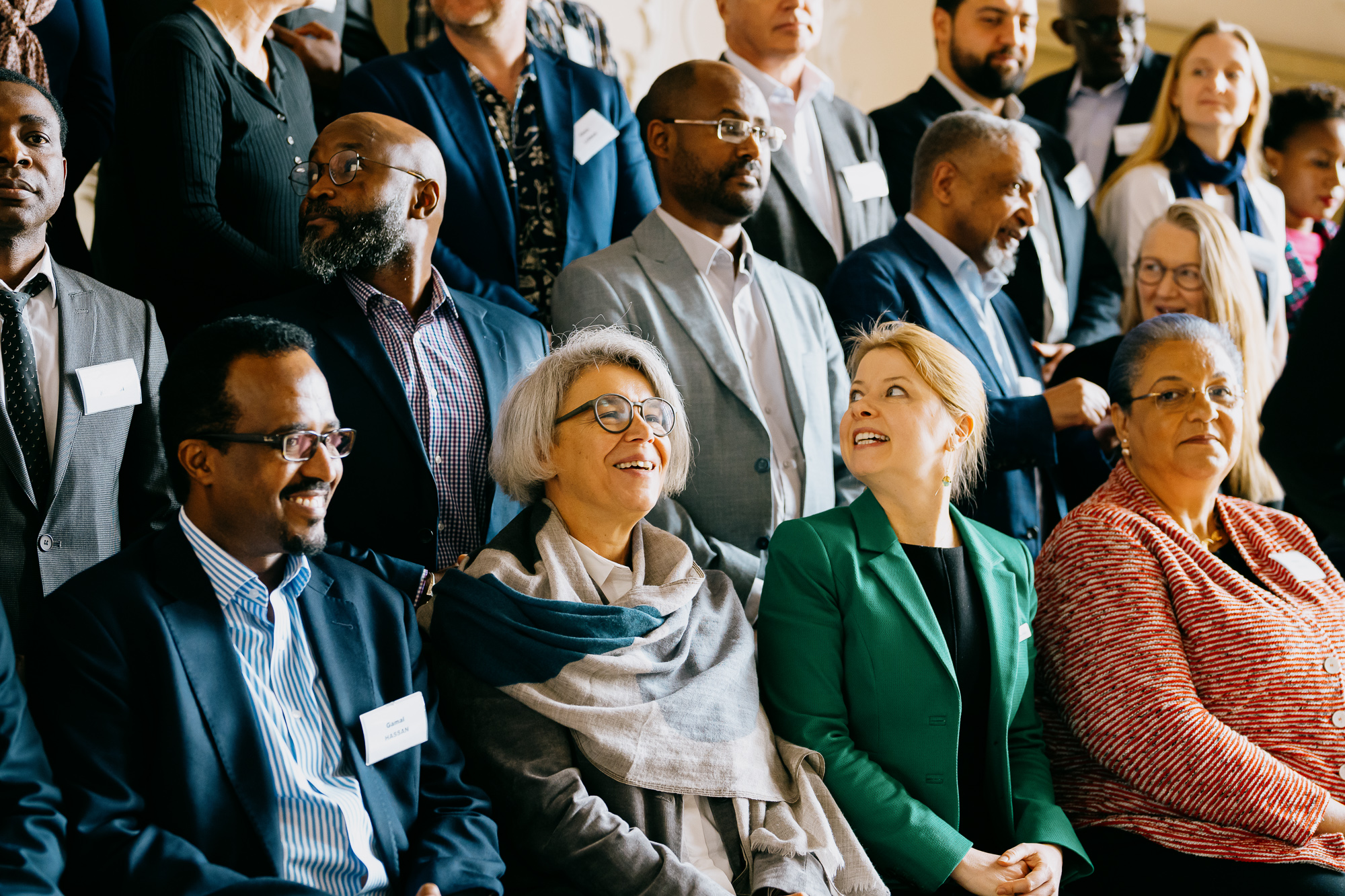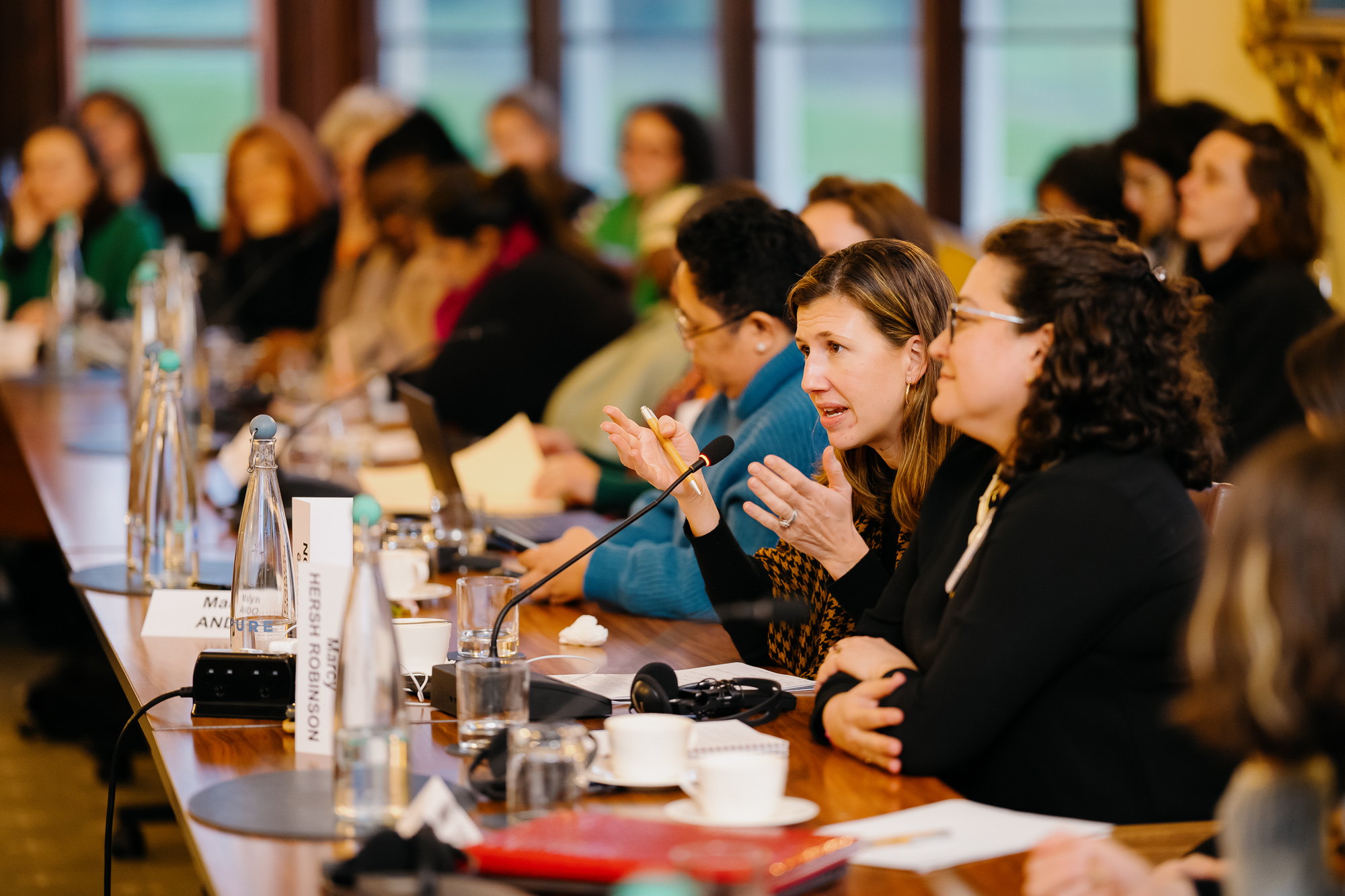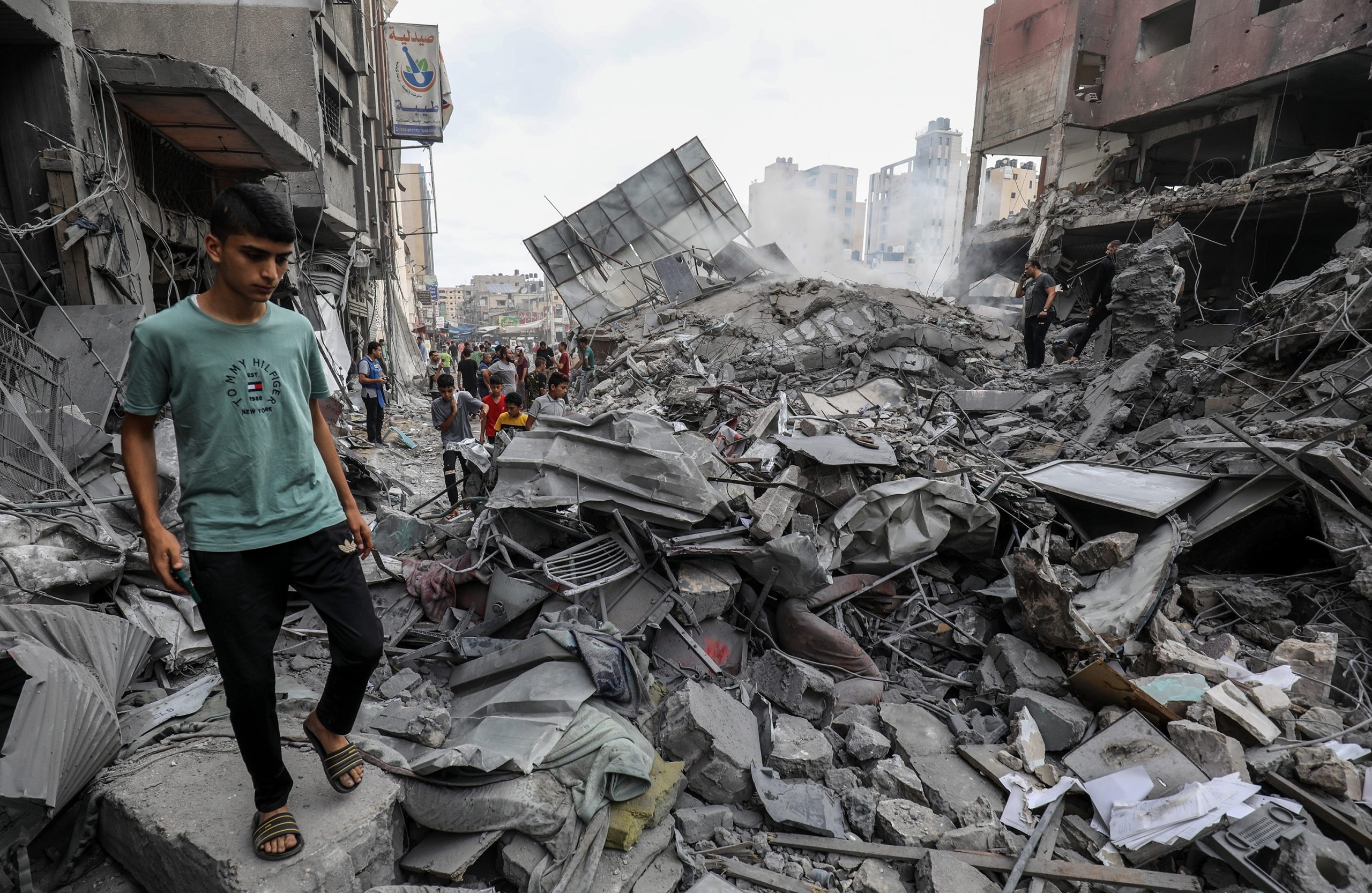Launched at the UN Climate Action Summit in September 2019, The Risk-informed Early Action Partnership (REAP) brings together an unprecedented range of stakeholders across the climate, humanitarian, and development communities with the aim of making 1 Billion People Safer from disaster by 2025.
A year since its establishment, the Risk-informed Early Action Partnership (REAP) met virtually at Wilton Park to agree the REAP Framework for Action.
The Framework for Action outlines how the Partnership will achieve its four ambitious targets by 2025; it will be launched at the Climate Adaptation Summit in January 2021. The targets are:
50 countries have reviewed and integrated their crisis/disaster risk management and climate adaptation laws, policies and/or plans to ensure that they reduce climate change impacts and exposure on people and the environment.
1 billion more people are covered by financing and delivery mechanisms connected to effective early action plans, ensuring they can act ahead of predicted disasters and crises.
$500 million invested in early warning system infrastructure and institutions to target early action in ‘last/first mile’ communities, building on existing initiatives.
1 billion more people are covered by new or improved early warning systems, including heatwave early warning, connected to longer-term risk management systems and supported by public awareness campaigns.
The REAP Secretariat re-iterated the targets noting existing commitments and called for further support to ultimately turn the Partnership’s vision into action on the ground. The rich dialogue brought together partners from across the climate, development and humanitarian sectors, continuing to break down sectoral silos while recognising the challenges of coordinating approaches.
The event consisted of the plenary session and 4 breakout discussions focusing on each of the four REAP Targets. A brief summary of each target discussion is provided below.
For achieving Target 1, aligning national disaster risk reduction and climate adaptation strategies with NDCs was flagged, together with the interlinked opportunity to mainstream adaptation into national investments. Supporting the convening of relevant national stakeholders and developing tools and approaches for bridging national institutions and ensuring integrated solutions to disaster risk management and climate adaptation was highlighted by participants. The importance of coordinated, collaborative approaches of making use of data was also discussed.
Participants noted that reform and expansion of current financing mechanisms was critical to achieve Target 2. However, financing wasn’t the answer to everything, and attention must be paid to other disincentives and barriers such as unclear mandates, time taken to develop EAP and coordination. Leveraging existing evidence base and best practice was highlighted to be critical for navigating these challenges.
The group focused on Target 3 felt that – whilst the framing of the target is sound – further clarity was required to demonstrate how progress would be measured and monitored. They also stated that the quality of finance and where it was invested was as important as the quantity and that accountability should be encouraged from partners on commitments made against the target.
On Target 4, participants felt that the silos between DRR and Climate communities were routinely deepened by restrictive donor funding streams. They also noted that one of the main challenges to achieve the target was the risk of reaching the numbers but failing to deliver on the ‘last mile’. Participants suggested to gather feedback from the ground to benefit improvement of Early Action and to adapt strategies and future interventions.
Following this event, REAP is hosting the Climate Adaptation Summit (CAS) 2021 Anchoring Event at 1600-1800 on Monday 25 January (CET).
Co-hosted with the World Meteorological Organization (WMO) through the Climate Risk and Early Warning Systems (CREWS) initiative and the International Federation of Red Cross and Red Crescent Societies (IFRC), the event focuses on Disaster Risk Management and the need to invest in people-centred early warning and early action.
Image: Flooding in South Sudan
Photo: WFP/Gabriela Vivacqua
Credit line © WFP/Gabriela Vivacqua
Copyright © WFP/Gabriela Vivacqua
